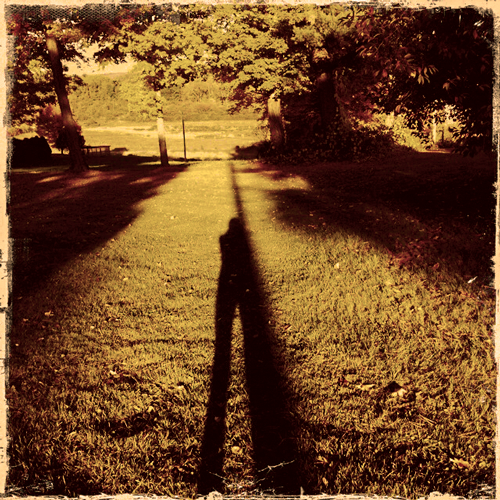SELF & OTHER COMPETENCY
Introduction
My self and the other
The self can be defined as identity, in many ways by context: the context of our construct of race,
our gender, our sexuality, our reputation, our class association, our culture….on and on. There
is the philosophical self.
Perhaps Martin Buber speaks most poignantly to the heart of the self.
“The world is not comprehensible, but it is embraceable: through the embracing of one of its beings.”
“A person cannot approach the divine by reaching beyond the human. To become human, is what this individual person has been created for.”
“We cannot avoid using power, cannot escape the compulsion to afflict the world, so let us, cautious in diction and mighty in contradiction, love powerfully.”
“I do, indeed, close my door at times and surrender myself to a book, but only because I can open the door again and see a human face looking at me.”
And from his book, I and Thou:
“Man wishes to be confirmed in his being by man, and wishes to have a presence in the being of the other….Secretly and bashfully he watches for a YES which allows him to be and which can come to him only from one human person to another.”
This last statement opens up - to me - the discussion of self-validation. Do we need another to validate our selves? Another thought about the Self, of knowing one’s self, I found in Hegel, in his introduction to “Phenomenology of Mind.” (I have paraphased the translation a little, and emphasized words I wish to stress.)
If now our inquiry deals with the truth of knowledge (My note: for this essay, I use truth
as knowledge of self), it appears that we are inquiring what knowledge is in itself. But in this inquiry, knowledge is our object; it is for us. And, the essential nature of knowledge, were this to come to light, would be rather its being for us. What we should assert to be its essence, would rather be not the truth of knowledge, but only our knowledge of it (i.e., the truth).
Here lies a parallel to the self and other, which I apply to my teaching, and which I express in the following, four sub-competency essays: on knowledge: the multiple dimensions of identity—my own and others’—including language, class, race, gender, culture, sexual orientation, physical ability, and religion; on skill: observing and evaluating my behavior and its impact on others, and modifying this behavior in the interest of the group; on attitude: my commitment to helping students become more open-minded, more tolerant, and accepting of people who are different from them; and on awareness: my awareness of differing perspectives represented in the classroom.
I describe my developing philosophy based on the personal experiences I have had at SIT and in my internship, as well as tangential life events I feel substantiate my growth in these sub-competencies.

